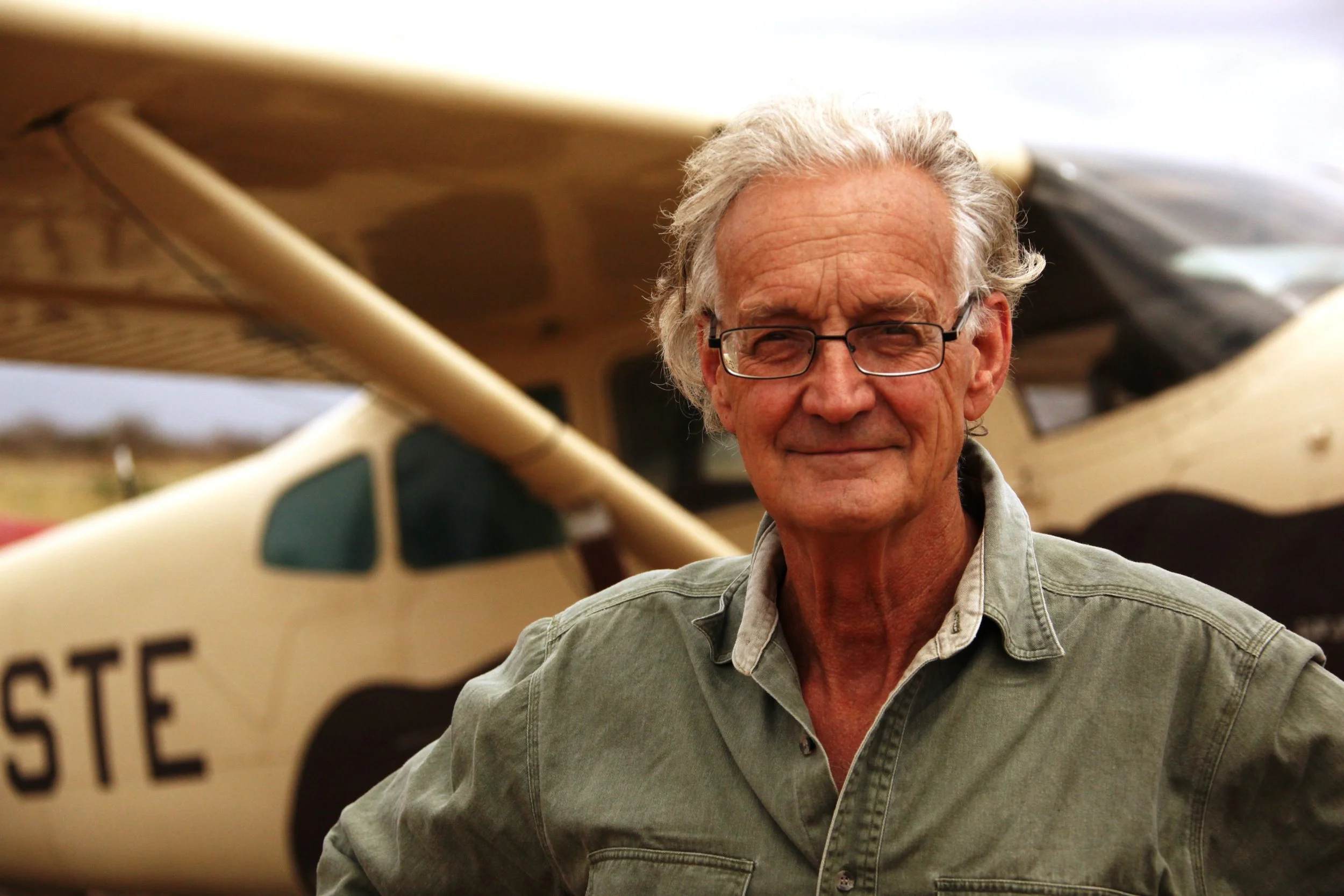Hawaiian baby squid sent into space by NASA
Researchers are using the squid to study the effects of spaceflight with the aim of improving human health during long space trips.
Credit: Margaret McFall-Ngai
NASA have been criticized for their treatment of animals in the past. Many animals, including various species of primates, dogs, rats, mice and frogs have been blasted into space by the space agency - many of whom have never returned. Earlier this year, campaigners also condemned the space organization for destroying 27 monkeys used in its animal testing instead of retiring them to a sanctuary.
Now, dozens of baby squid from Hawaii have been sent to the International Space Station, as part of a study looking into how long humans can remain healthy in space.
The bobtail squid were previously raised at the Kewalo Marine Laboratory at the University of Hawaii, before being launched into space as part of a SpaceX supply mission earlier this month.
Researcher Jamie Foster is studying how spaceflight affects the squid in hopes of bolstering human health during long space missions, the Honolulu Star-Advertiser reported.
The squid have a symbiotic relationship with natural bacteria that help regulate their bioluminescence. When astronauts are in low gravity their body's relationship with microbes changes, said University of Hawaii professor Margaret McFall-Ngai, who Foster studied under in the 1990s.
“We have found that the symbiosis of humans with their microbes is perturbed in microgravity, and Jamie has shown that is true in squid,” McFall-Ngai told The Associated Press. “And, because it’s a simple system, she can get to the bottom of what’s going wrong.”
Hawaiin bobtail squid are a group of cephalopods closely related to cuttlefish, usually 3 inches long as adults and can be found in shallow coastal waters off Hawaii.
The squid is bred at the Kewalo Marine Laboratory for use in scientific projects all over the world, from human immunology research to aircraft camouflage.
The squid will be sent back to Earth in July. Inverse reported that the newborn cephalopods won’t be making the return trip alive - the creatures will be frozen solid so they can be studied back on Earth.
Find out more on how campaigners are working to change the system and stop animal tests: listen to our podcast episode “Tax Payer Funded Torture” with Justin Goodman of The White Coat Waste Project here.
More stories:
Species Unite
A collection of stories of those who fight the good fight on behalf of animals.




A new UN report uncovers a staggering truth: the two unsustainably managed industries are causing costly harm to the planet.